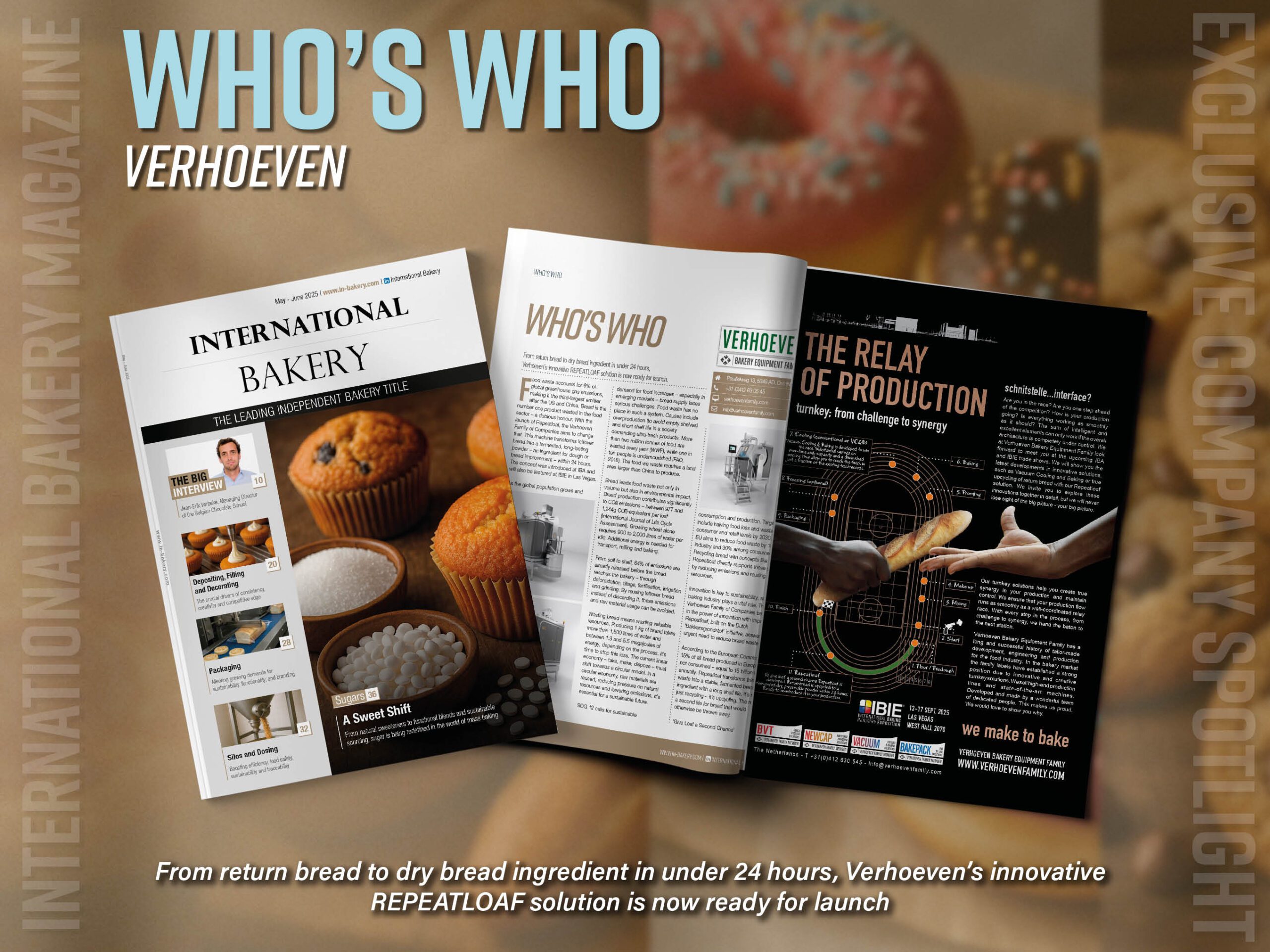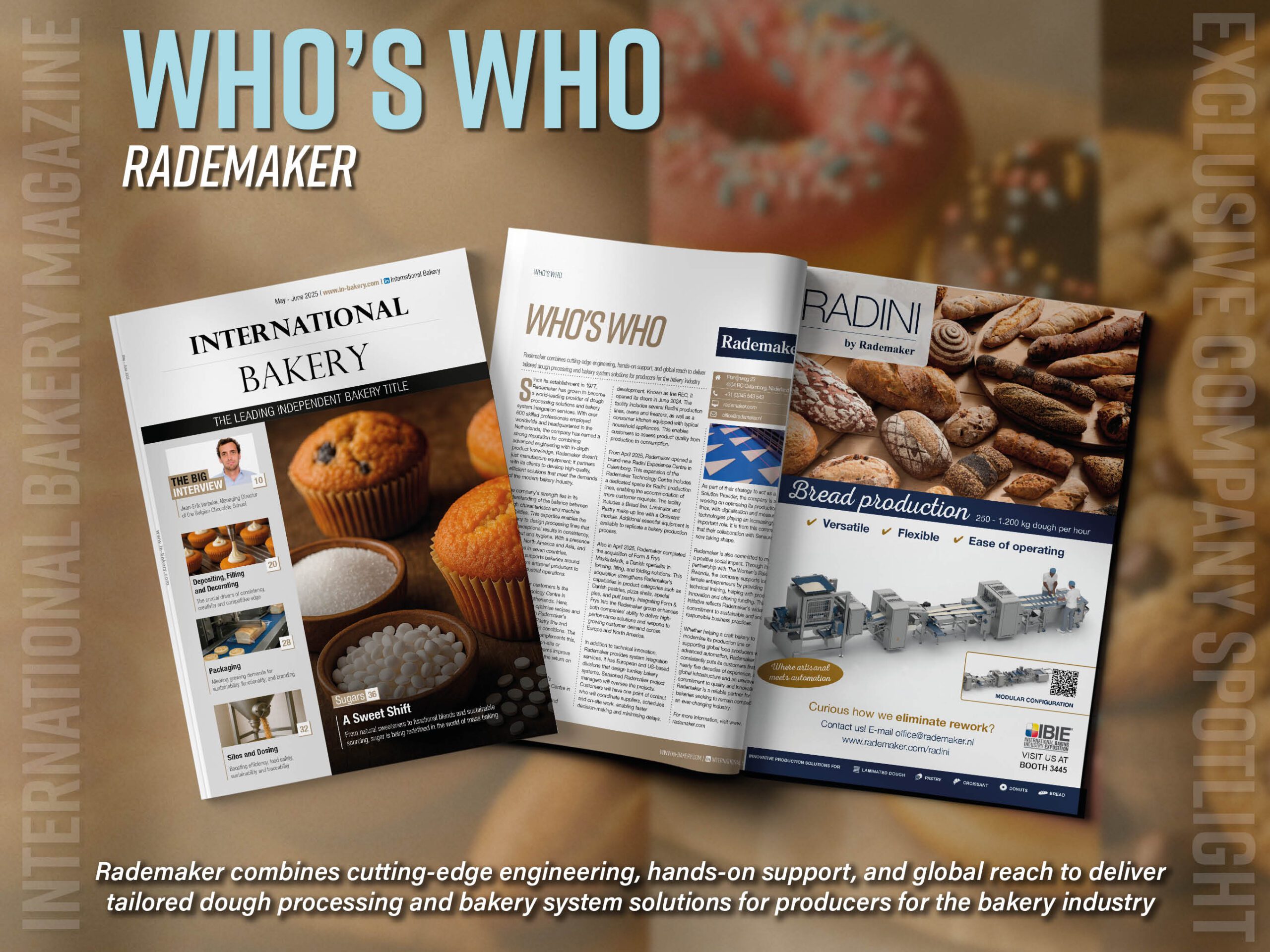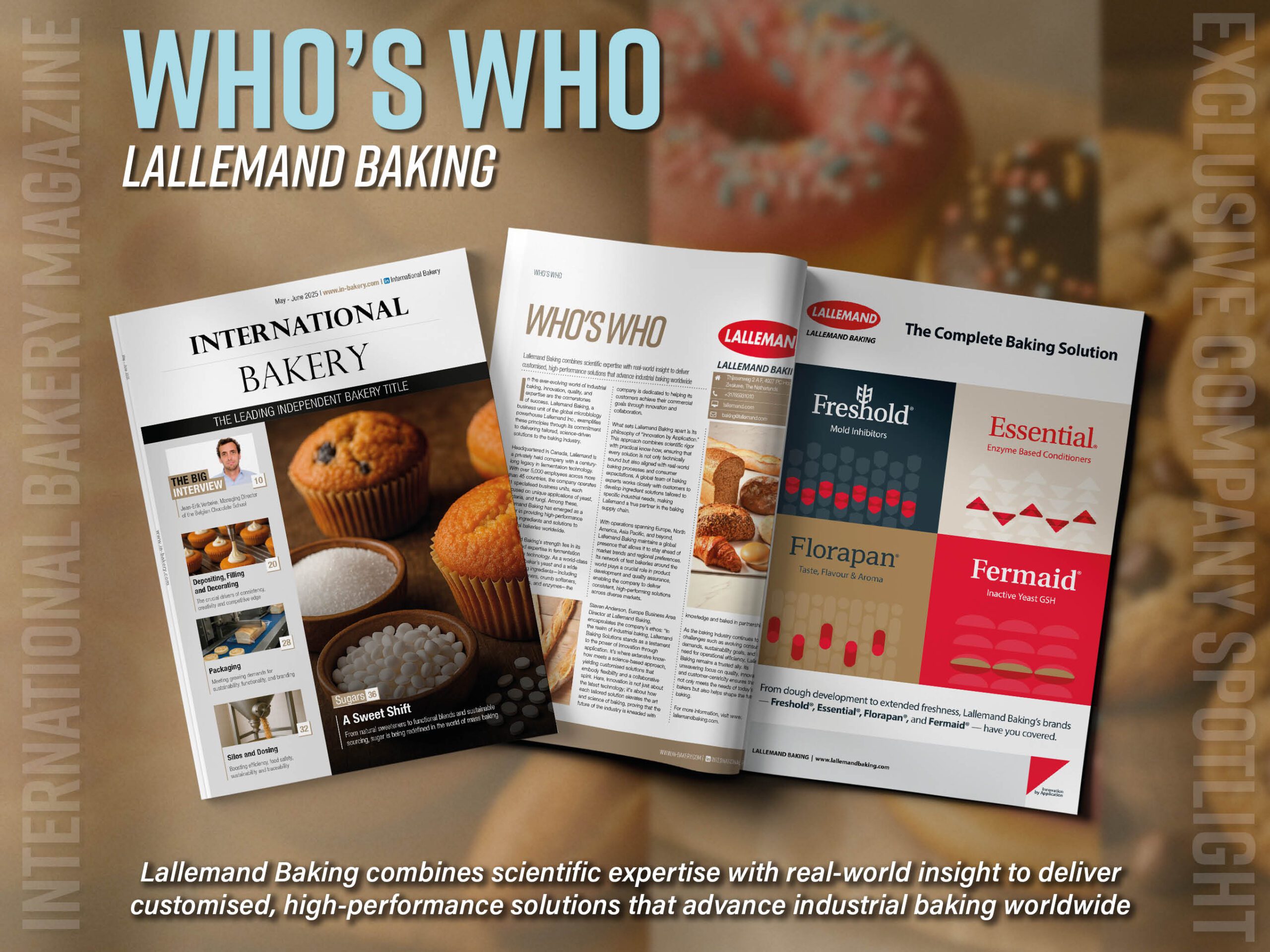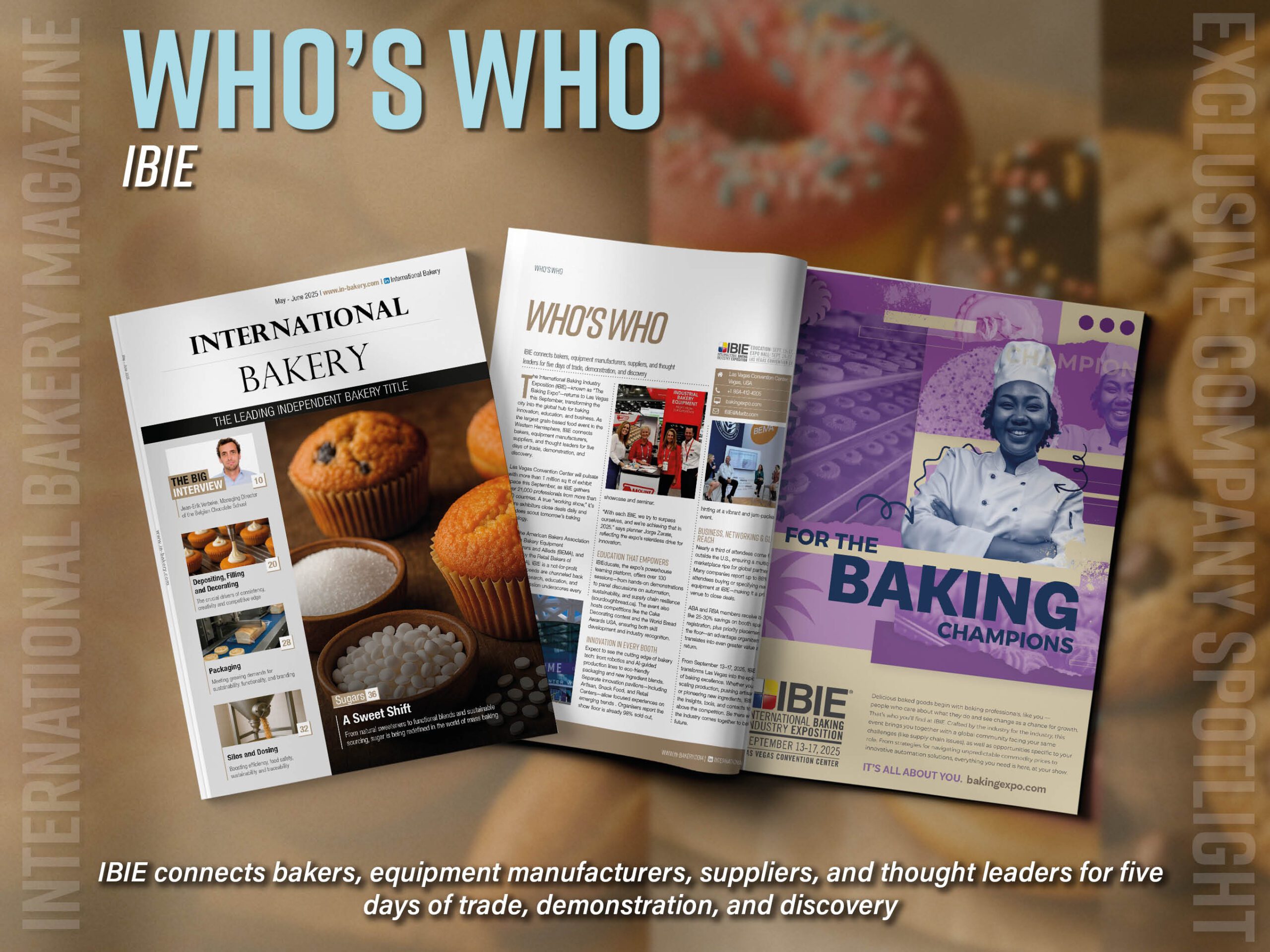Bakers working in fast-paced environments and capitalising on breakfast bakery are looking for freshness and longevity, along with reliable production lines. Assistant Editor Joseph Clarke investigates
For high-street and retail bakeries, the ability to work in a fast-paced environment is a must, as well as a factory setup that facilitates producing at scale and at speed. A consumer report conducted by Délifrance last year suggested to bakery businesses that there was still a real opportunity to be found in tapping into the breakfast bakery market, offering baked goods that can be readily enjoyed in the morning. Being able to meet this morning rush for baked goods calls for flexible and efficient bakery production lines, along with requirements for these bread-based finished goods to have first day freshness, a long shelf life and longevity.
Breakfast bakery market
The ‘Prove It: Breakfast’ report from Delifrance in 2021 followed from the release of their first report in 2018. This was to reflect on and carefully consider how the pandemic and a shift into increased flexible working habits impacted on that timeless image of the wearied commuter, stopping by a cafe or retail bakery to grab a baked good to perk them up.
“Our breakfast market research revealed that consumers were having ‘split breakfasts’ i.e., having a slice of toast or bowl of cereal at home and then treating themselves to another snack on the go,” explained Stéphanie Brillouet, Marketing Director, Délifrance. “Pastries are one of the top items eaten on-the-go (OTG), and consumers are two and a half times more likely to buy these or muffins from coffee shops, bakeries and chain or independent cafes.”
“Breakfast has long been considered the most important meal of the day, and its significance has grown with the rise of health-conscious and time-constrained consumers,” explained Erwan Inizan, Northern Europe Sales Director, Bridor. “Most recently, Bridor introduced its new Panidor range … all made at its factory in Portugal.”
A “commitment to quality,” Erwan explained, extended to mixing, dough handling and shaping and baking. “Crafting bread-based goods requires precision in dough handling and shaping,” he added. “The company continually explores bakery markets worldwide to identify emerging trends.”
The main takeaway from the report was that the breakfast bakery market remains strong, and bakeries can tap into this trend by offering freshly baked bread and rolls to be enjoyed in the morning. This means these breakfast offerings having first-day freshness, shelf life and longevity is of paramount importance. Increased health consciousness means there is a growing population of consumers looking for convenient baked goods to eat on the go that pack a nutrient-dense punch.
According to Honorata Jarocka, the growing breakfast bakery market can be attributed to health-conscious consumers monitoring their sugar who are entering the savoury category – and moving away from sweet bakery. “Moving into the savoury breakfast territory is well-placed to become a growing trend for global bakery brands,” explained Honorata. “Based on Mintel’s consumer research, ‘low in sugar’ continues to hold strong as a popular better-for-you attribute in bakery. For example, in the UK, 26% of sweet bakery consumers say that reduced sugar is an attribute that would make them buy one sweet bakery product over…
Read the full feature in our free to download magazine.
Never miss a story… Follow us on:
![]() International Bakery
International Bakery
![]() @int_bakery
@int_bakery
![]() @Bakeryint
@Bakeryint
Media contact
Caitlin Gittins
Editor, International Bakery
Tel: +44 (0) 1622 823 920
Email: editor@in-bakery.com






